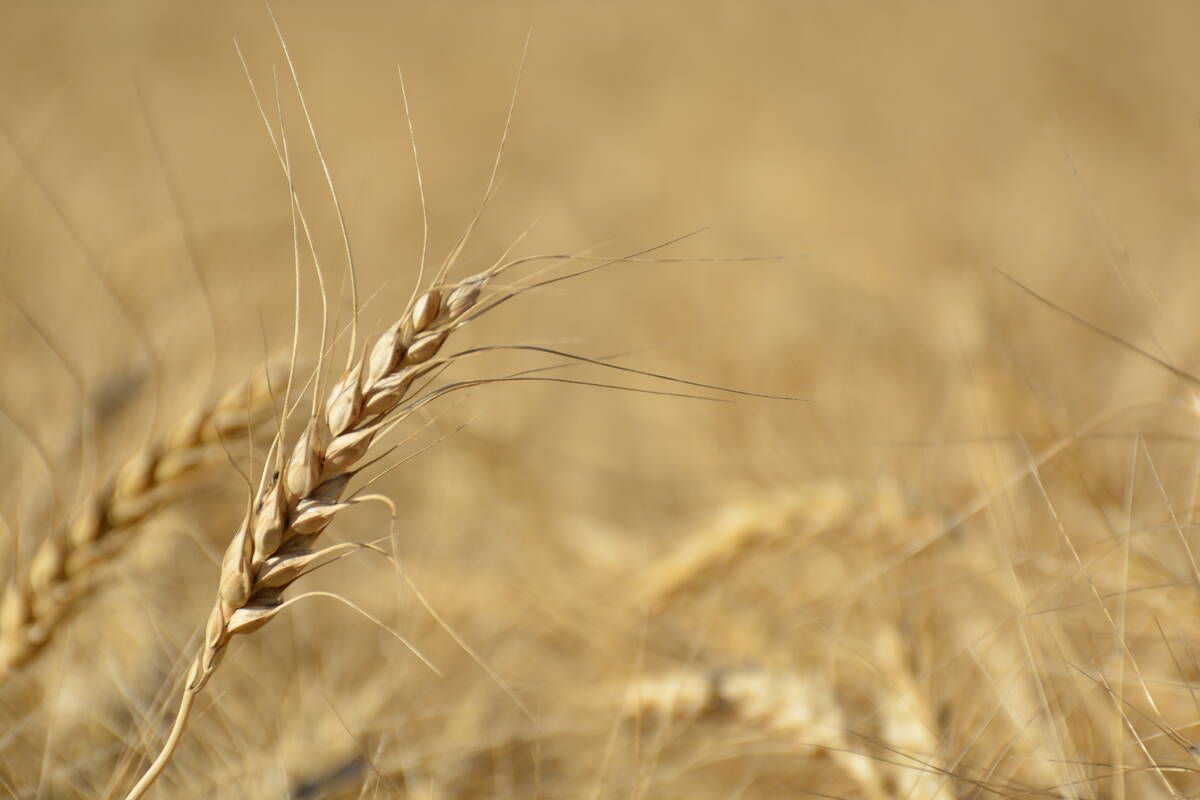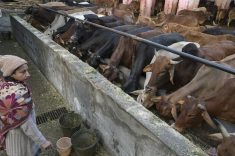Crop markets have a history of being predictable.
In the autumn, prices fall as farmers dump their grain onto the market after harvest. In the winter, no one worries about supply as demand gets into the driver’s seat.
In the spring and summer, volatility rules as weather threatens supply assumptions.
Well, that predictability is now history, says a longtime commodities broker.
“Seasonality is becoming an increasingly useless factor in analyzing the market,” said Ken Ball of Union Securities.
“There are so many other factors now that dwarf those in magnitude.”
Read Also

USDA’s August corn yield estimates are bearish
The yield estimates for wheat and soybeans were neutral to bullish, but these were largely a sideshow when compared with corn.
Ball, who has more than 30 years in the commodity trading business, doesn’t have to brush too much dust off his memory to see a time when seasonality ruled. Until three or four years ago, it was almost the only story to be told.
“It isn’t supply that’s the issue any more,” said Ball.
“It’s demand and speculative money keeping them in line with other world markets.”
And food isn’t the base for crop demand any more. The dominant demand now for most crops is the energy market, because cereals can be used to make ethanol and vegetable oils can make biodiesel.
“It’s a money and energy game now, not a grain game,” said Ball.
“Speculative money is coming in to take away any margins left in the biofuels industry. As long as that situation is there, prices are going to stay strong. It’s irrelevant how much we produce, how much we harvest.
“We could harvest 20 million tonnes of canola next year and not affect the price of canola one penny per bushel.”
Three years ago that would have been an astounding statement, Ball concedes. A few years ago an unexpected one million tonne increase in canola production in Canada would have swamped the market and driven down prices.
But now an extra million tonnes of canola isn’t much compared to world demand for energy. High energy prices mean crops easily get sucked into the biofuel market and what would have been considered excess inventories are now easily consumed.
Relying on old measures, such as ending stock numbers for crops or seasonality, will not produce good analysis.
“It’s a new game, to a very dramatic extent. Anybody who’s trying to analyze and play these markets the way they did three or four years ago is going to be just obliterated,” said Ball.
“The forces now have nothing to do with old-fashioned ideas of (seasonality). Those things don’t exist any more. They never will again, I think.”

















